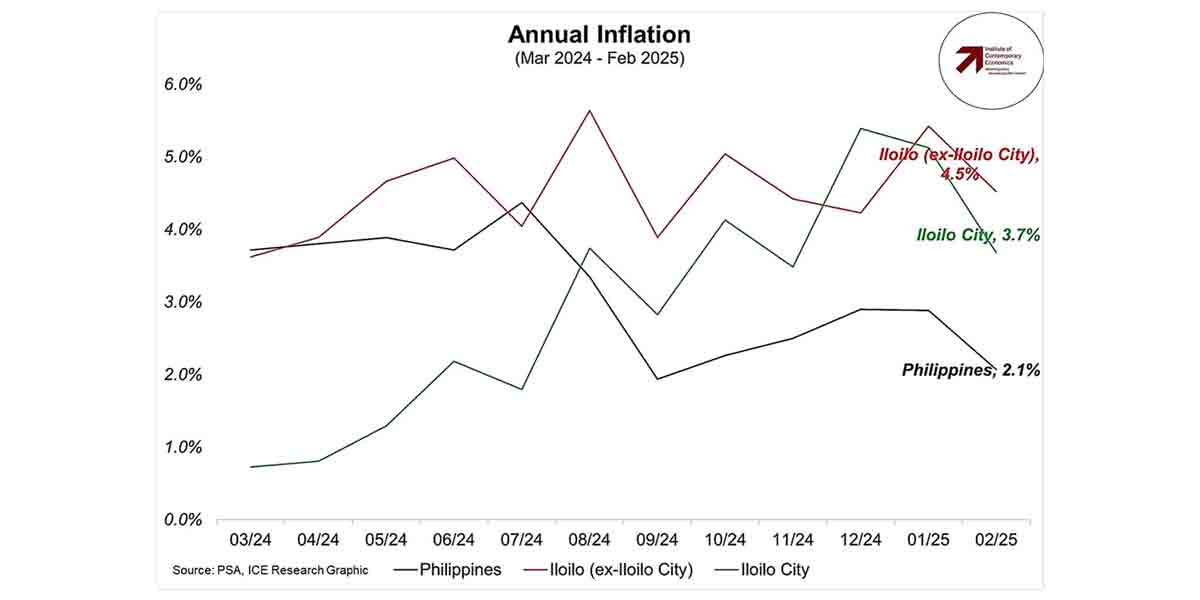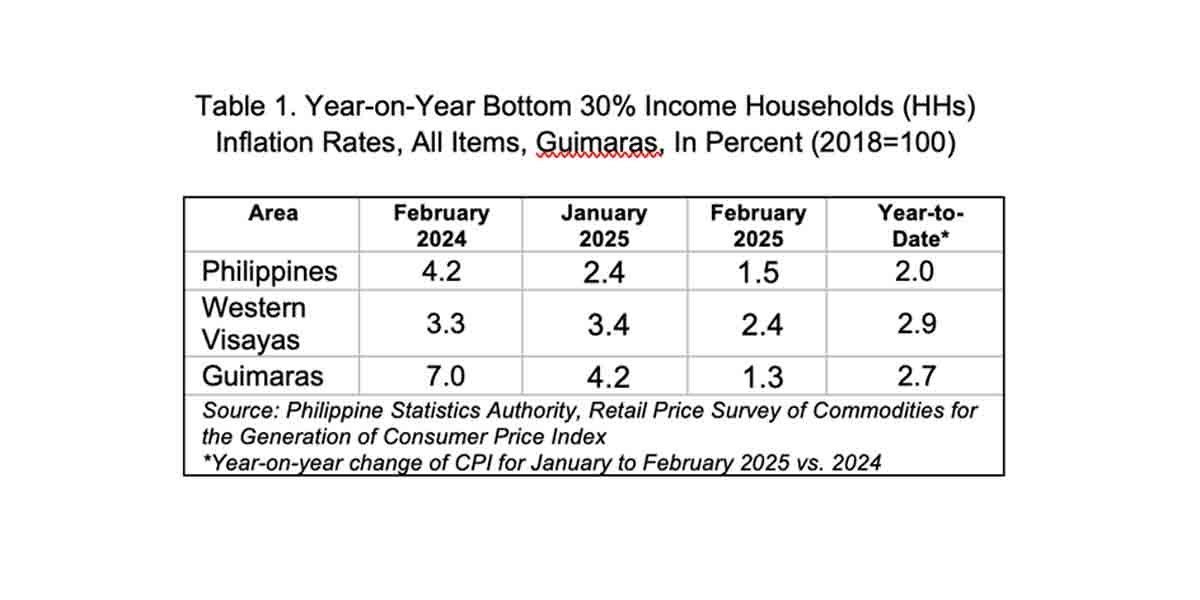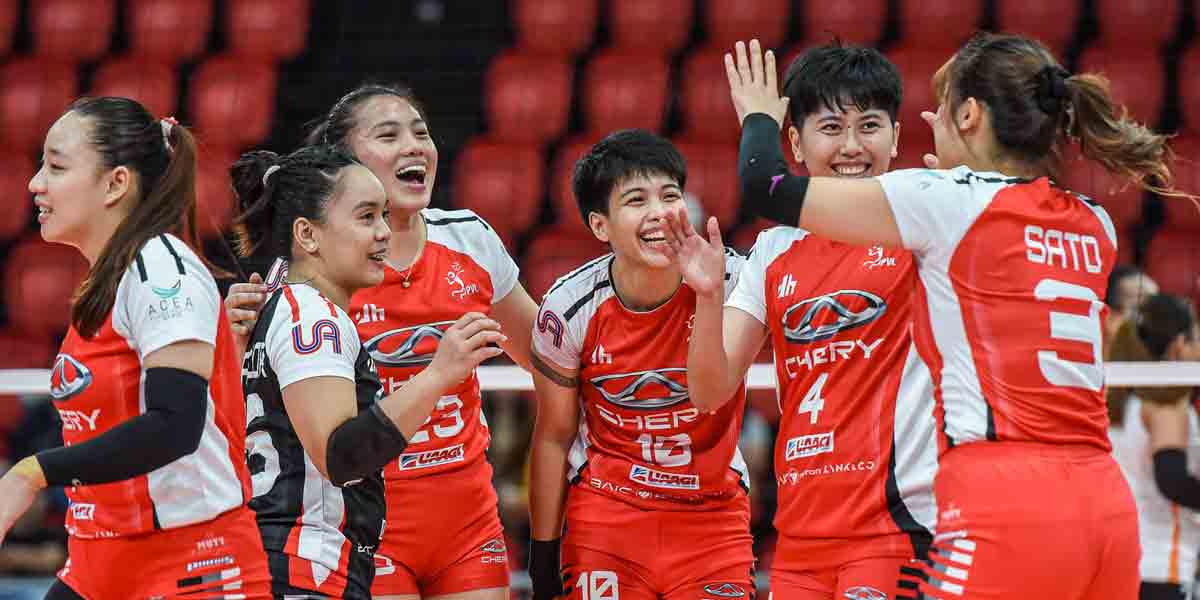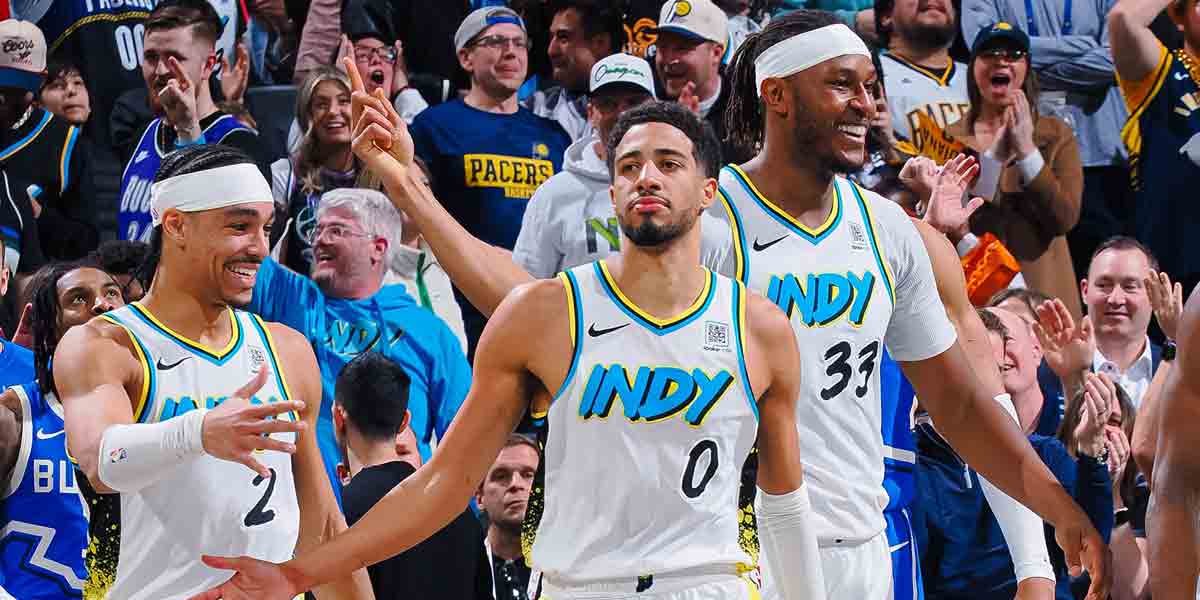By Herman M. Lagon
Basketball’s Greatest of All Time controversy frequently erupts over who merits the moniker. One name always seems to come up, whether in online forums, contentious conversations at sports bars, or family dinners: Michael Jeffrey Jordan. Furthermore, this belief is not just fueled by bias or nostalgia from older fans. Not only is Jordan’s reputation as the GOAT a result of the generational gap, but it also speaks to his all-encompassing dominance in a sport where perfection in every aspect is required. Indeed, Jordan established a benchmark that stands the test of time, rivalry, and technological advancements in the sport.
A common way to start a debate is to contrast Jordan with current NBA players like LeBron James or Kobe Bryant. Nevertheless, it becomes clear from analyzing MJ’s career that his dominance was cultural, psychological, athletic, and statistical. Jordan possessed the whole set. Consider his aptitude for scoring. At 30.1 in the regular season and an incredible 33.4 in the postseason, Jordan has the highest points-per-game average in NBA history. He didn’t accomplish these stats by simply outplaying or shooting more than his peers. With ten scoring titles, seven of which came in a row, Jordan was a clinical, effective, and influential player, bar none.
His Airness was a very talented player on both sides of the court. His outstanding two-way play set him apart from so many other greats. Jordan was a defensive monster. Defensive Player of the Year in 1988, he was chosen nine times for the NBA’s All-Defensive First Team. Jordan was a unicorn in the sport because he could shut down opponents and was always the best player on offense. His emphasis was not only on flashy dunks but also on going above and beyond to win, as evidenced by the three times he led the league in steals.
However, there’s more important information beyond the numbers: Jordan’s clutch gene. The most esteemed attribute an athlete can have is clutchness. It is what distinguishes the truly great from the merely good. This was what Jordan typified. His buzzer-beater against Bryon Russell in Game 6 of the 1998 Finals and “The Shot” against the Cleveland Cavaliers in 1989 are two of the NBA’s most famous moments. His six MVPs in the Finals are proof of his unwavering performance in crucial situations. Jordan’s legacy is cemented by his flawless 6-0 record in championship series, where he was consistently the best player on the court, even though LeBron James has played in more Finals.
However, Jordan’s influence transcended the court. He was and still is a global icon, not just an athlete. His cultural impact is unparalleled. The iconic Air Jordan line revolutionized the sportswear market, setting trends that endure long after his playing days. Even today, many young people who never saw him play aspire to own a pair of ‘Jordans.’ He represented a movement, not just a brand. His influence extended beyond sports into music, fashion, and social activism. His ‘Be Like Mike’ commercials from the 1990s were a global aspiration, not just a Gatorade promotion. Jordan’s legacy is not just about his athletic prowess, but also about setting the standard for success in every field.
Nevertheless, some contend that longevity should be given more weight when discussing the GOAT. LeBron James, for example, has broken numerous records by increasing the number of games played. But excellence is not superseded by longevity. Jordan won six championships and ten scoring titles in just 15 seasons, including two separate retirements. How you use the years matters, not how old they are. Jordan demonstrated his dominance in a shorter time with unwavering consistency and efficiency, negating the need for more than 20 seasons to claim the GOAT title.
Jordan’s leadership and how he motivated others to achieve greatness are two more overlooked aspects. His leadership style was well known for being intense and frequently verging on brutality. His teammates, Scottie Pippen and Steve Kerr, have talked candidly about his demanding nature. However, it is frequently overlooked that Jordan never put expectations on his teammates that he would not put on himself. Knowing what it would take to prevail, he pushed them, and they succeeded in winning. The Bulls achieved two unprecedented “three-peats” in a row, from 1991 to 1993 and 1996 to 1998. Jordan never assembled a “super team” or fired coaches to achieve his goals. Because of his sheer determination and unwavering will to succeed, he improved those around him and prevailed with what he had.
Looking beyond basketball to understand why Jordan is the GOAT is necessary. He left his mark on sports and business in every way and gave athletes a path to follow. Jordan’s impact is still felt today despite the lack of social media, more sophisticated training programs, and technological tools to help develop one’s brand. He achieved this by being genuine and excellent; he took no shortcuts.
Finally, inspiration is Michael Jordan’s true legacy, not just records and rings. He was the perfect example of always trying to be the best at what you do. His Airness showed that you need more than talent to stand out from the crowd. It would help to have a strong work ethic, an unbreakable spirit, and a killer instinct. Michael Jordan was more than just a basketball legend because of these traits. He was an icon of success in all areas of his life. That’s why he will always be regarded as the GOAT, regardless of demographic changes or statistical outliers.
Jordan changed the game—he did not just win. The fact remains that no player has ever dominated the game more than Michael Jordan in every aspect—offense, defense, clutch situations, leadership, cultural impact, and pure competitive fire. He still is Air, as his nickname implies.
***
Doc H fondly describes himself as a ‘student of and for life’ who, like many others, aspires to a life-giving and why-driven world that is grounded in social justice and the pursuit of happiness. His views herewith do not necessarily reflect those of the institutions he is employed or connected with.

























